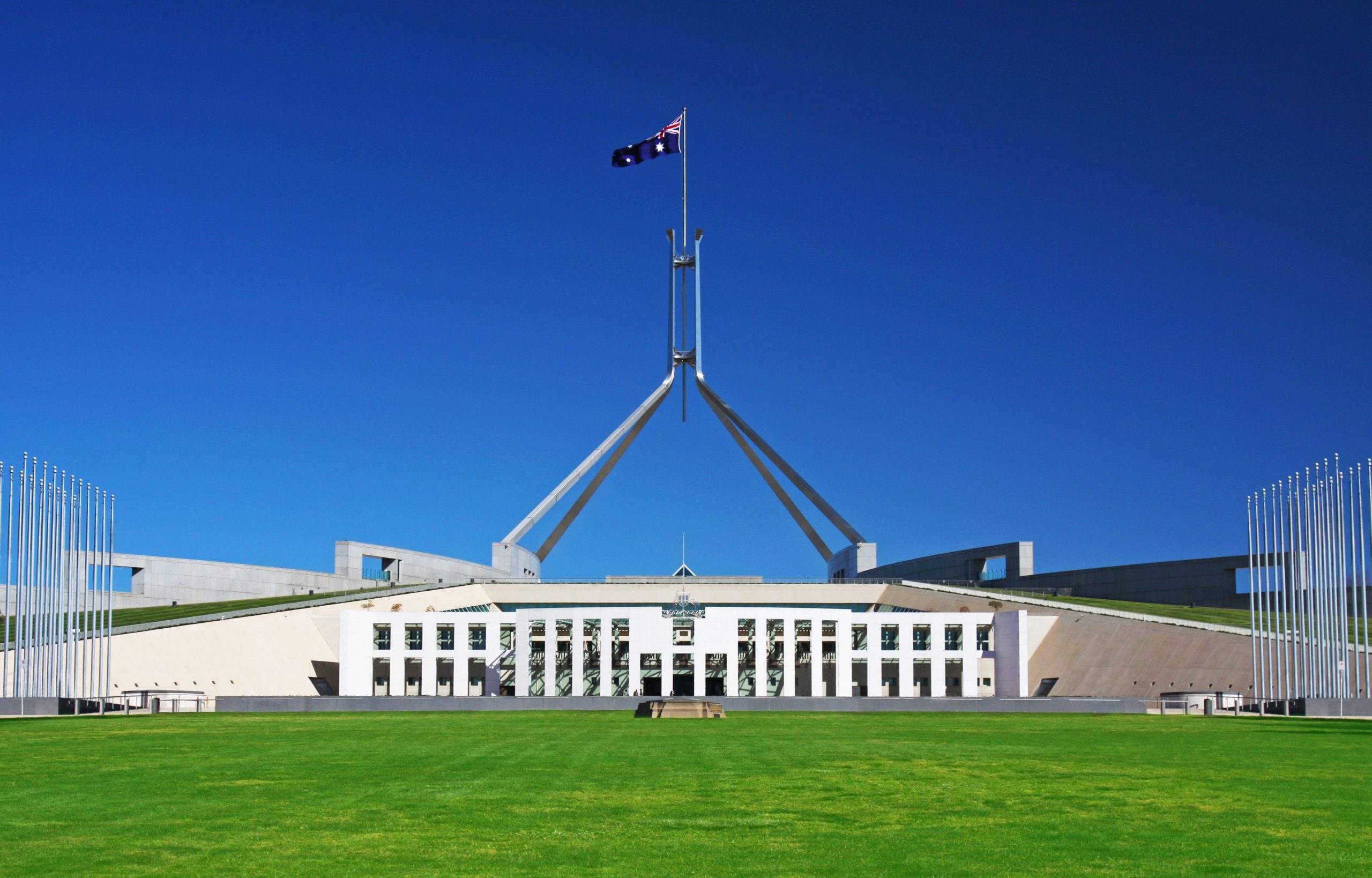
With Anthony Albanese sworn in as the nation’s 31st Prime Minister, the new Labor-led government heralds a raft of changes. So, what do the election results really mean for you?
Tax Cuts
The stage three tax cuts have already been legislated under the previous government, which means they’ve already got the green light to go ahead, unless the ALP makes an unexpected change.
To refresh your memory, the tax cuts will see the 32.5 per cent marginal tax rate cut to 30 per cent to make one big tax bracket between $45,000 and $200,000 from July 1, 2024, while the 37 per cent tax bracket will be completely scrapped. This will be particularly effective for higher income earners, with gains of $1,125 per year for an individual on $90,000, rising to $9,075 per year for a person on $200,000 or more.
Tax Rises
Meanwhile, the scrapping of the Low and Middle Income Tax Offset (LMITO) has also already been confirmed, after former Treasurer Josh Frydenberg did not extend it in the last Federal Budget. So, those who currently receive it will notice what’s effectively a tax increase when they submit their 2023 tax returns.
However, it is important to note that the LMITO is still in place for 2022 returns. This could mean a rise of up to $1,500 for those entitled to the full LMITO. Currently, there are no announced proposals for the Labor Party to reverse Frydenberg’s decision.
Taxes on Property
There are no changes to “negative gearing” or any other taxes on investment property, while the general 50% discount for Capital Gains Tax is also staying.
First home buyers
Eligible home buyers will need a minimum deposit of 2 per cent, with an equity contribution from the Federal Government of up to a maximum of 40 per cent of the purchase price of a new home and up to a maximum of 30 per cent of the purchase price for an existing home.
To be eligible you will need to be an Australian citizen aged over 18, earn $90,000 or less per annum for individuals, or $120,000 or less per annum for couples and live in the purchased home as their Principal Place of Residence.
Homebuyers may not own any other land or property – either in Australia or overseas, must have saved the required minimum 2 per cent deposit of the home price and qualify (and can finance) the remainder of the purchase through a standard home loan with a participating lender, as well as being able to pay for any associated purchase costs such as stamp duty, legal and bank fees.
Homebuyers will also be responsible for ongoing property costs such as rates, strata and any other bills.
During the loan period the homebuyer can buy an additional stake in the home when they are able to do so. The minimum stake that a homebuyer can opt to purchase at any one time is 5 per cent. If the homebuyer’s income exceeds the Help to Buy annual income threshold for two consecutive years, they will be required to repay the Government’s financial contribution in part or whole as their circumstances permit.
Other key policies Anthony Albanese has pledged to deliver
Child Care
An increase in the Child Care Subsidy rate to a maximum of 90%, with households under $530,000 of combined annual income getting a cheaper rate.
Minimum Wage
Labor will write to the Fair Work Commission backing a 5.1% increase to the minimum wage. The party will also back a pay rise for Aged Care workers and has previously committed to funding the increases.
Health
Prescription medicine will be slashed by $12.50 per script, with Labor also set to invest $2.5bn into putting 24/7 nurses in Aged Care.
Education
Will add an extra 45,000 fee-free TAFE places and an extra 20,000 University places concentrated on sectors with skill shortages.
Should you have any questions or need any help, please reach out to our team at Rose Partners and we will do our best to assist.
The Team at Rose Partners

